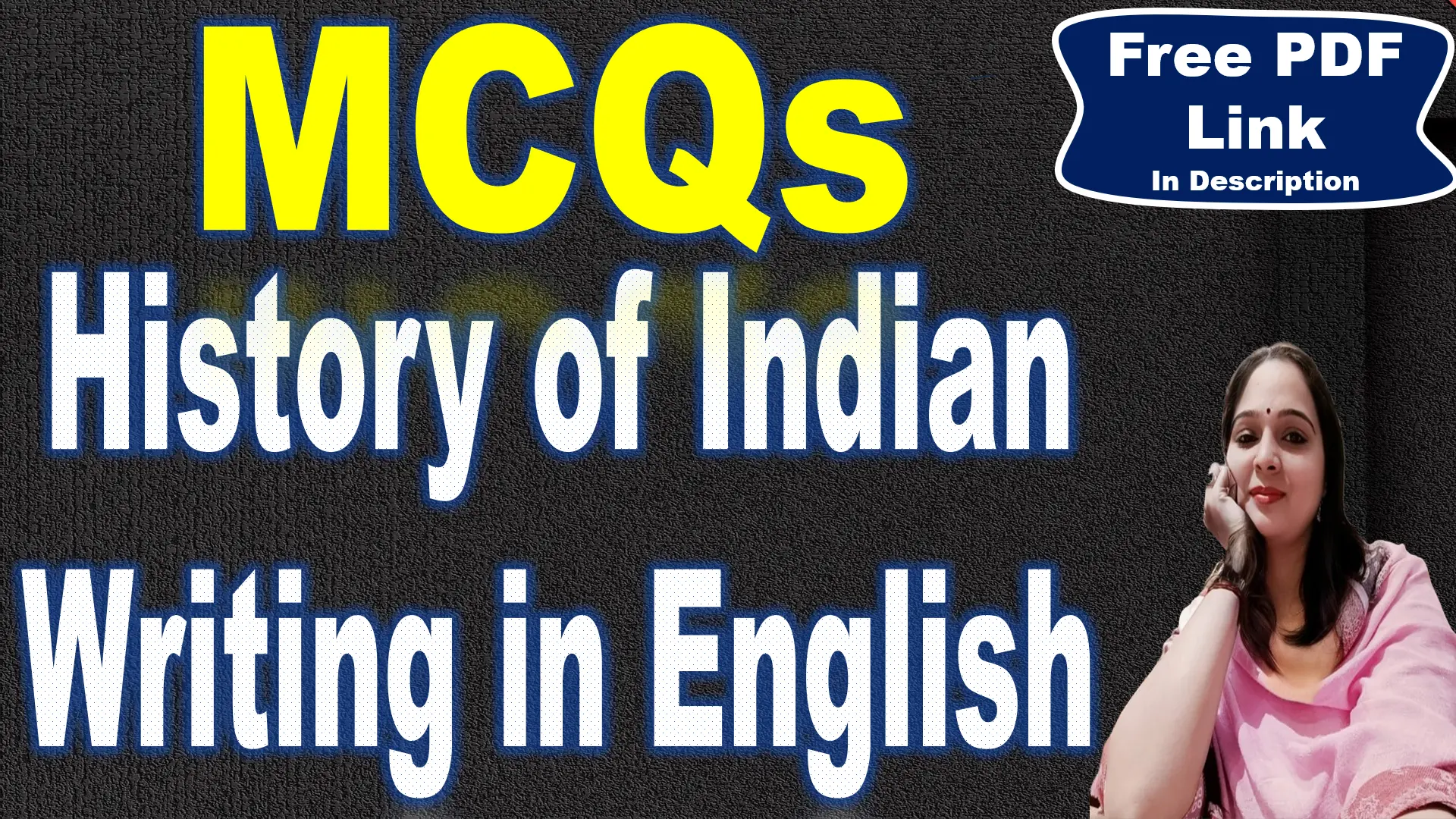
What is Kamala Das primarily known for in Indian English literature?
A) Writing historical novels
B) Confessional poetry and autobiographical themes
C) Romantic poetry
D) Satirical essays
Answer: B) Confessional poetry and autobiographical themes
Explanation: Kamala Das is celebrated for her raw, honest, and introspective style, focusing on themes like love, loneliness, identity, and societal expectations. Her works delve into personal experiences and emotions, making her a pioneer of confessional poetry in Indian English literature.
What is the title of Kamala Das’s autobiography?
A) Summer in Calcutta
B) My Story
C) The Descendants
D) The Old Playhouse and Other Poems
Answer: B) My Story
Explanation: Kamala Das’s autobiography My Story is a bold account of her life, revealing her struggles with identity, relationships, and societal expectations. Published in 1976, it became controversial yet celebrated for its candid and unfiltered exploration of her personal experiences and emotions.
Under what pen name did Kamala Das write in Malayalam?
A) Kamala Nair
B) Madhavikutty
C) Nalini Amma
D) Surayya
Answer: B) Madhavikutty
Explanation: In Malayalam, Kamala Das wrote under the pen name Madhavikutty, gaining fame for her short stories, essays, and novels. This bilingual creativity allowed her to connect with diverse audiences, making her an influential figure in both Indian English and regional literature.
Which of the following is a recurring theme in Kamala Das’s poetry?
A) Mysticism
B) Love and human relationships
C) Political revolution
D) Nature and spirituality
Answer: B) Love and human relationships
Explanation: Themes of love, longing, and human relationships are central to Kamala Das’s poetry. She explores complex emotions, often touching on unfulfilled desires and loneliness. Her portrayal of intimate experiences challenges societal norms, offering a candid voice to women’s perspectives.
Which poetry collection of Kamala Das brought her widespread recognition?
A) The Old Playhouse and Other Poems
B) The Descendants
C) Summer in Calcutta
D) Alphabet of Lust
Answer: C) Summer in Calcutta
Explanation: This collection marked a turning point in Indian English poetry, showcasing Kamala Das’s confessional style. Published in 1965, it explores themes of love, desire, identity, and alienation, establishing her as a significant modern poet in Indian English literature.
What significant change did Kamala Das undergo in 1999?
A) She moved to the UK.
B) She won the Nobel Prize in Literature.
C) She converted to Islam and changed her name to Kamala Surayya.
D) She retired from writing poetry.
Answer: C) She converted to Islam and changed her name to Kamala Surayya.
Explanation: In 1999, Kamala Das converted to Islam, adopting the name Kamala Surayya. This decision reflected her spiritual exploration and personal beliefs, sparking public debate. It exemplified her boldness and refusal to conform to societal expectations or norms.
What style of poetry is Kamala Das credited with popularizing in Indian English literature?
A) Traditional sonnets
B) Confessional poetry
C) Haiku poetry
D) Lyric poetry
Answer: B) Confessional poetry
Explanation: Kamala Das popularized confessional poetry in Indian literature by addressing themes like identity, desire, and vulnerability. Her direct, introspective approach broke away from traditional styles, influencing a new generation of poets to embrace personal storytelling.
Which work by Kamala Das deals with the theme of women’s identity and societal expectations?
A) The Old Playhouse
B) The Guide
C) The Shadow Lines
D) The Inheritance of Loss
Answer: A) The Old Playhouse
Explanation: This poem critiques societal expectations placed on women, particularly within marriage. Kamala Das highlights the loss of identity and autonomy women face, presenting a powerful feminist perspective. Her work resonates with women’s struggles for individuality and freedom.
Which award did Kamala Das NOT receive during her lifetime?
A) Sahitya Akademi Award
B) Nobel Prize in Literature
C) Ezhuthachan Puraskaram
D) Kerala Sahitya Akademi Award
Answer: B) Nobel Prize in Literature
Explanation: While Kamala Das received accolades like the Sahitya Akademi Award and Ezhuthachan Puraskaram, she was not awarded the Nobel Prize. She was, however, nominated in 1984, underscoring her international recognition and literary significance.
What is a defining characteristic of Kamala Das’s writing style?
A) Strict adherence to rhyme schemes
B) Vivid imagery and candid expression of emotions
C) Allegorical references to mythology
D) Focus on pastoral themes
Answer: B) Vivid imagery and candid expression of emotions
Explanation: Kamala Das’s writing is characterized by its boldness, vivid imagery, and emotional depth. Her candid approach to taboo subjects like sexuality and identity challenges societal conventions, making her work both provocative and deeply resonant with readers.





